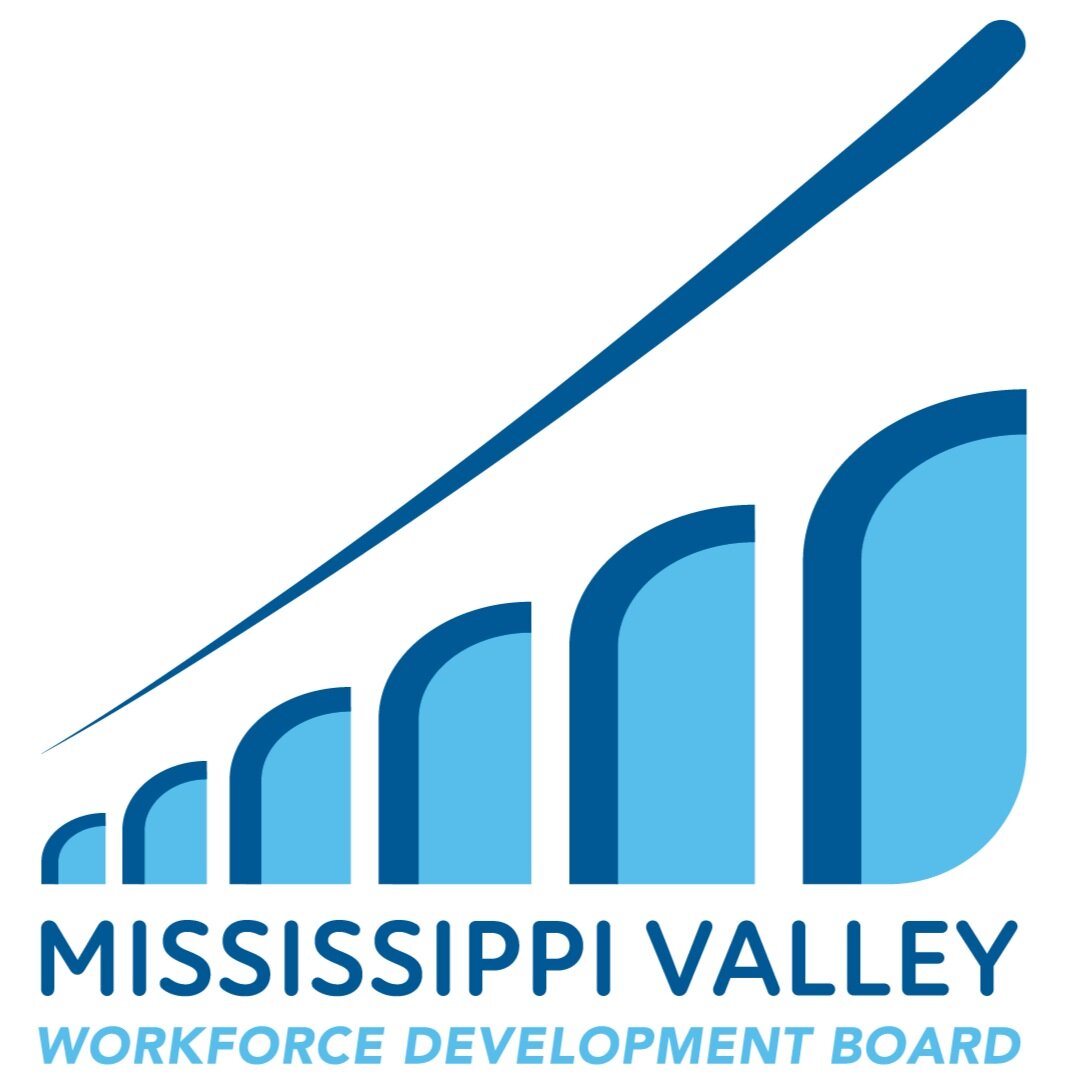
Retrain & Retain Grant Program
(WIOA Incumbent Worker Training)
Train your team and strengthen your business!
Companies can be reimbursed up to 90% for employee training that is focused on industry or business-specific skills, technical or computer skills, or foundational such as leadership, teamwork and management.
Preference will be given to training that represents significant skill upgrades for employees and/or the greatest potential for impacting the business’ competitiveness.
Grants to Upgrade Employee Skills
A win-win situation for you and your employees.
For Businesses
Increased Competitiveness
Skilled Workforce
Increased Productivity
Increased Profits
Company Growth
Reduced Turnover
For Employees
Advancement Opportunities
Increased Job Opportunities
Industry Recognized Credentials
Job Retention
Transportable/Transferrable Skills
Improved Morale and Work Culture
Click below to check for eligibility requirements and to fill out the grant interest form for more assistance.
Applications are reviewed monthly!
-
Financially viable, private sector employers and certain nonprofit and local government entities (e.g., a nonprofit or county hospital) are eligible to receive R&R funds.
The business or businesses must have been in operation for 12 months, not currently or recently experiencing bankruptcy, be current on all local, state, and federal tax obligations, and not appear on any federal suspensions or debarment lists.
An eligible business must be located in Iowa and registered with the Iowa Secretary of State Office and have a physical location in the Mississippi Valley Workforce Area (MVWA).
Businesses are encouraged to provide training to a group of employees and not individual training, although the number of employees in the company will be taken into consideration.
Businesses should also demonstrate a commitment to retain or avert the layoff of employees receiving training.
-
Public or private educational institutions, trade associations, community-based organizations, economic development agencies, unions, government agencies, or subject matter experts may provide R&R, and training can be conducted at the business facility, at the training provider’s facility, online, or a combination of sites.
-
Employee must be at least 18 years of age.
A citizen of the United States or a non-citizen whose status permits employment in the United States
Employee must work at least 32 hours per week
Employee must have an established employment history with the employer for six months or more and receives a W-2.
Employee must be committed to attending all trainings.
Employee must earn an hourly wage above the state minimum wage.
Employee must agree to cooperate with data collection requirements.
-
Not-for-profit agencies or organizations. [Note: This does not apply to hospitals operated by nonprofit or local government entities in the State of Iowa)
Entities whose administrations only comprise volunteers.
Local Workforce Development Boards and their administrative entities.
Labor unions.
Federal, state, county, or city governmental entities [Note: This does not apply to hospitals operated by nonprofit or local government entities in the State of Iowa)
-
Anyone who receives a 1099 Form: or
Those who are placed through a temporary agency
C-Suite Executives
-
New hire orientation
Degree programs
Training that takes place where food and or beverages are included in the cost
Self-paced learning
Non skill related assessments
Mandated safety training (such as OSHA)
Regularly provided annual training
English as a second language
Basic skills or remedial education
Non-job related training
-
Businesses will be required to provide a portion of the training costs dependent upon the size of the business and the number of employees either through direct cost contribution or in-kind contributions.
• At least 10% of the cost for employers with 50 or fewer employees.
• At least 25% of the cost for employers with 51 to 100 employees.
• At least 50% of the cost for employers with more than 100 employees.
The business must disclose cash and in-kind contributions. Examples of in-kind contributions, in addition to any direct costs, may include expenses associated with the use of space and equipment during the training project and trainee wages (including benefits) of employees during the training.
Frequently Asked Questions
For more information contact Tyler Lanz at tyler@mississippivalleyworkforce.org
or at 1-844-967-5365 Option 4
Equal employment opportunity and program. Auxiliary aids and services are available upon request to individuals with disabilities by mailing assistant@mississippivalleyworkforce.org
For deaf or hard of hearing, use Relay 711
Other Grants
Industrial New Jobs Training Program 260E
The Industrial New Jobs Training Program provides businesses that are new or are expanding to the state with new employee training. The program is financed through bonds sold by Southeastern Community College Center for Business.
Depending on wages paid, the business then diverts 1.5 or 3 percent of the Iowa state withholding taxes generated by the new positions to the community college to retire the bonds. Because of this structure, the training is available at what is essentially no cost since the bonds are retired with dollars that otherwise would have been paid to the state as withholding taxes.
In addition to increasing worker productivity and company profitability, businesses participating in the Iowa Industrial New Jobs Training Program may also be eligible a corporate tax credit if Iowa employment is increased by at least 10 percent.
Iowa Jobs Training Program 260F
The Iowa Jobs Training Program (260F) provides job training services to current employees of eligible businesses that are located in Iowa. Job training services are defined, as any training needed to enhance the performance of a business' employees. The program is administered by Iowa Workforce Development and services are provided by Iowa’s 15 Community Colleges. Each community college works with eligible businesses to assess training needs, determine funds availability and provide training.
The 260F program provides state-funded forgivable loans or grants to Iowa businesses needing to train their existing employees. A loan is forgivable if a business completes its training program and trains a specified number of employees.




